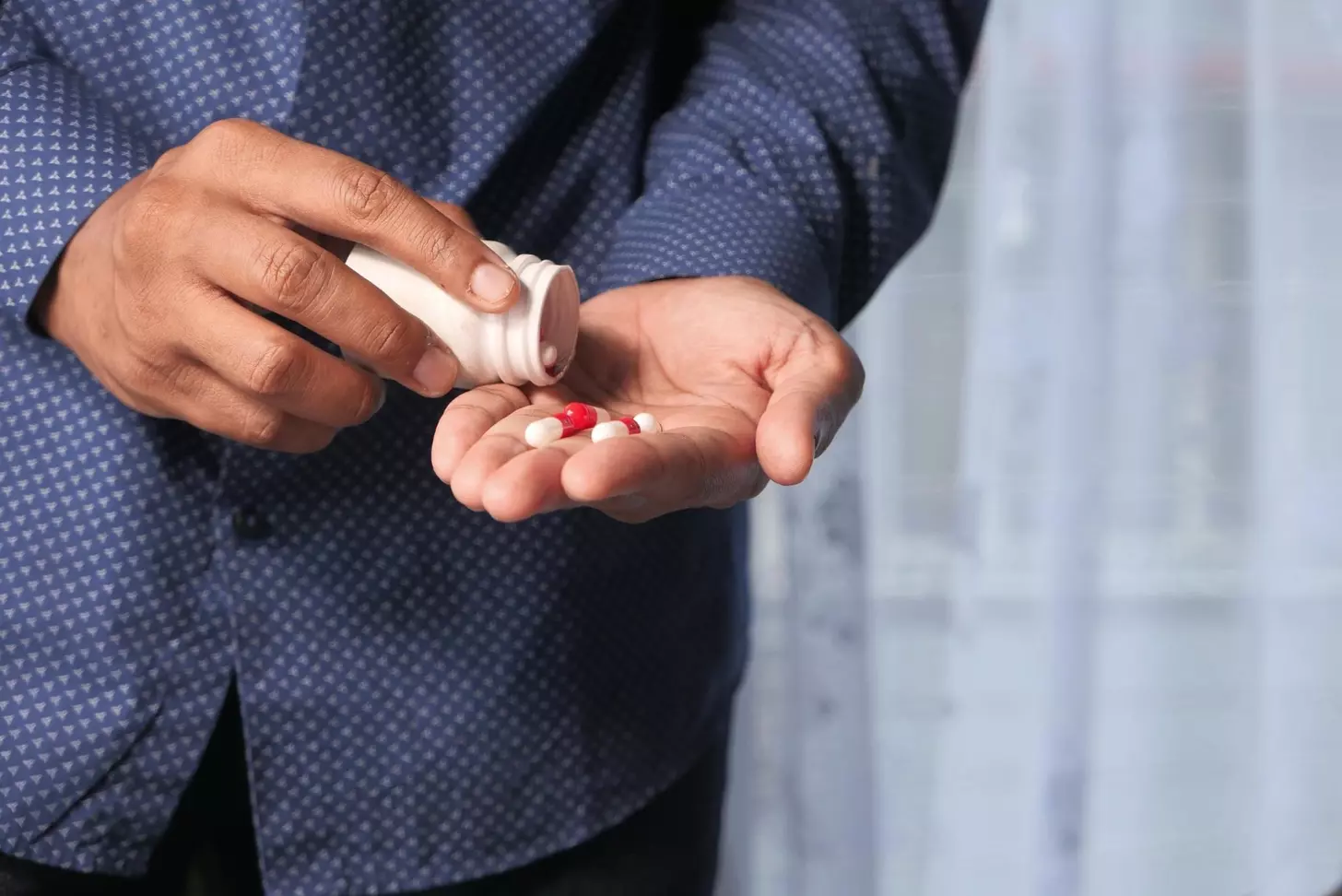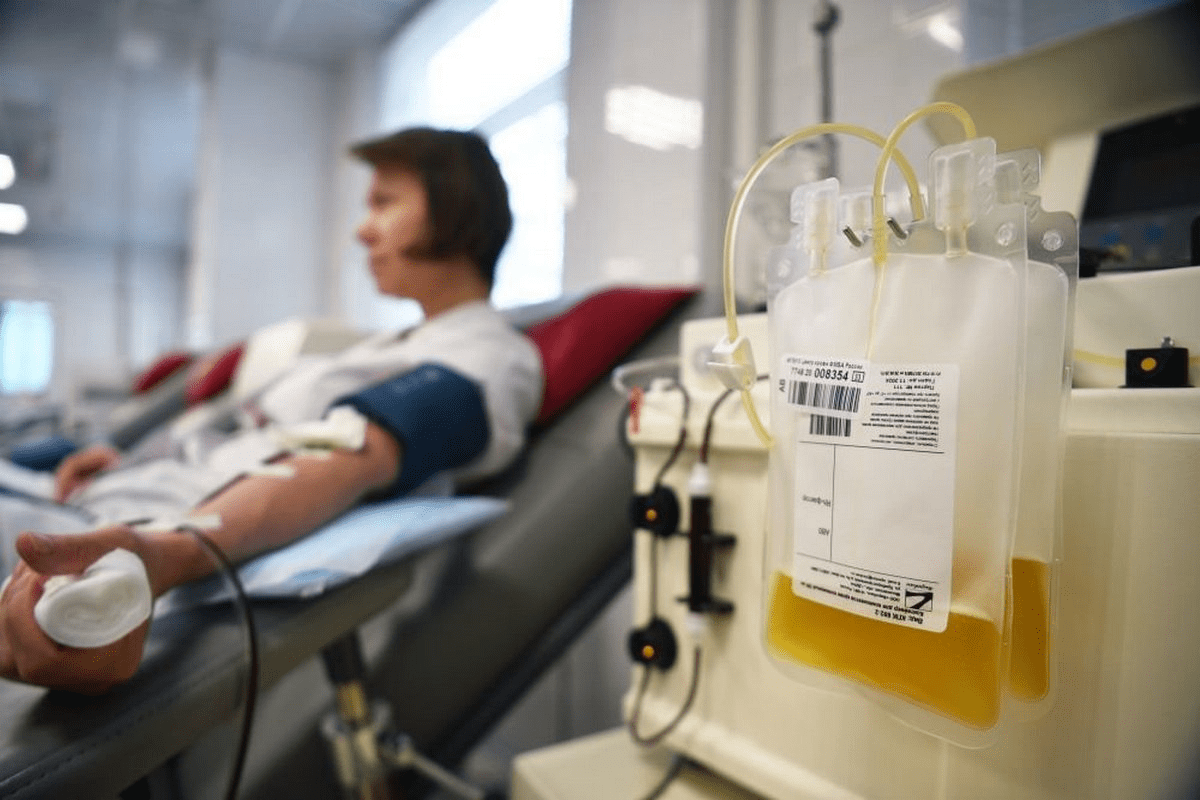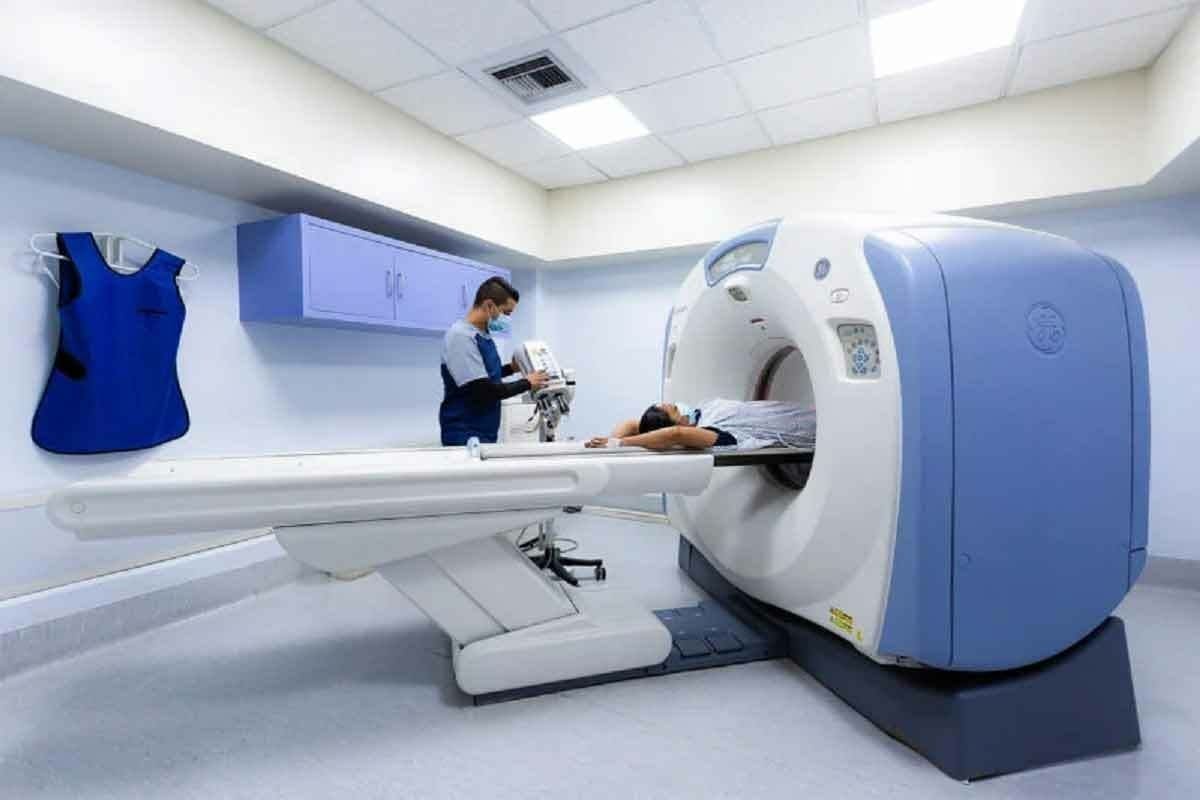Last Updated on November 26, 2025 by Bilal Hasdemir

Beating addiction needs a structured approach and a supportive place. At Liv Hospital, we get how hard it is to stop using drugs. We’re here to give you the help you need to stay sober for good.
Having a solid quit plan and support networks is key. Our guide is here to help you through the tough times. We make sure you get the care and advice you need to live a healthier life.
Key Takeaways
- Developing a clear quit plan is key to stopping drug use.
- Support networks are very important in beating addiction.
- A structured plan keeps you focused on your recovery.
- Getting full care helps with both the physical and emotional sides of addiction.
- With the right support, you can stay sober for good.
Understanding Addiction and the Decision to Quit
Addiction is a complex condition that affects both the brain and behavior. It’s when someone can’t stop using a substance, even if it harms them. Knowing how addiction works is key to beating it.
The Science of Addiction and Dependency
Addiction is a chronic disorder that involves both physical and psychological dependence on a substance. It changes the brain’s reward system, leading to compulsive drug-seeking behavior. Research shows addiction changes brain chemistry, affecting dopamine levels.
Key factors contributing to addiction include:
- Genetic predisposition
- Environmental influences
- Mental health conditions
- Social and peer factors
Knowing these factors can help individuals recognize their risk and take preventive measures. For more information on the complexities of health issues, a study providing a new framework for understanding related problems can be found here.
Recognizing When Drug Use Becomes a Problem
Identifying the signs of drug addiction is essential for early intervention. Common indicators include increased tolerance to the substance, withdrawal symptoms when not using it, and neglect of responsibilities due to drug use. If you or someone you know is experiencing these symptoms, it’s vital to seek help.
| Signs of Drug Addiction | Description |
|---|---|
| Increased Tolerance | Needing more of the substance to achieve the same effect |
| Withdrawal Symptoms | Experiencing physical or psychological symptoms when not using the substance |
| Neglecting Responsibilities | Failing to fulfill obligations at work, school, or home due to drug use |
The Importance of Personal Commitment to Change
The decision to quit drugs is a personal one that requires a strong commitment to change. It’s not just about stopping the substance; it’s about adopting a new lifestyle that promotes health and well-being. Personal commitment involves setting clear goals, seeking support, and being prepared to face challenges along the way.
“The journey to recovery is not a solo endeavor; it requires support, understanding, and a willingness to change.”
By understanding addiction and recognizing the signs of drug use becoming a problem, individuals can make informed decisions about their recovery. Personal commitment to change is the cornerstone of successful substance abuse treatment.
Preparing for Your Journey: Essential First Steps
To stop using drugs, start by looking at how much you use and what you want to achieve. We know quitting is tough, but a good plan can help you beat addiction.
Assessing Your Current Substance Use Patterns
Knowing how you use drugs is key to getting better. Keep a diary of your drug use, including how much and when. This info helps make a plan just for you.
A study in the Journal of Substance Abuse Treatment shows tracking use helps spot patterns. This boosts your chance of recovery.
Setting Clear, Achievable Recovery Goals
Having clear goals keeps you motivated and tracks your progress. Set both short and long-term goals. Short goals might be detox or support group meetings. Long-term goals could be staying sober or fixing relationships.
“The way to get started is to quit talking and begin doing.”
Make your goals specific, measurable, achievable, relevant, and time-bound (SMART). For example, “I aim to stay sober for 30 days by going to therapy and support groups every week.”
Creating a Structured Quit Plan
A detailed quit plan helps you through recovery. Include steps for managing cravings, a list of support contacts, and a schedule for meetings and therapy.
- Detailed steps for managing cravings and avoiding triggers
- A list of support contacts, including friends, family, and professional counselors
- A schedule for therapy sessions and support group meetings
- Strategies for dealing with withdrawal symptoms
- Plans for maintaining sobriety in the long term
| Component | Description | Example |
|---|---|---|
| Craving Management | Strategies to handle cravings | Deep breathing exercises, mindfulness meditation |
| Support Network | Contacts for support | Friends, family, support groups like NA or AA |
| Therapy Schedule | Regular therapy sessions | Weekly sessions with a counselor |
By following these steps and making a detailed quit plan, you can greatly improve your recovery chances. We’re here to support you every step of the way.
How to Stop Using Drugs: The Detoxification Process
The journey to recovery starts with detox. Detox is when the body gets rid of a drug. It helps manage withdrawal symptoms when drug use stops or goes down a lot.
What to Expect During Withdrawal
Withdrawal symptoms vary by drug, how long you used it, and your health. Symptoms can be mild (like anxiety) or severe (like seizures). It’s tough, both physically and emotionally.
Common Withdrawal Symptoms:
- Anxiety and depression
- Nausea and vomiting
- Insomnia and vivid dreams
- Muscle and joint pain
- Increased heart rate and blood pressure
Medical vs. Non-Medical Detox Options
There are two detox ways: medical and non-medical. Medical detox uses medicine to help with symptoms in a doctor’s care. It’s good for those with serious addiction or bad past symptoms.
Non-medical detox uses counseling and support without medicine. It works for some, but not everyone, like those with serious addiction.
| Detox Type | Description | Best For |
|---|---|---|
| Medical Detox | Uses medication to manage withdrawal symptoms in a medical setting. | Severe addiction, history of severe withdrawal symptoms. |
| Non-Medical Detox | Relying on counseling and support to navigate withdrawal. | Mild to moderate addiction, strong support system. |
Managing Withdrawal Symptoms Safely
Keeping withdrawal symptoms safe is key to detox success. Medical help is very important, like for alcohol or benzodiazepines withdrawal. It can be very dangerous.
Getting professional help for detox is very important. Doctors can give the right care and support. This helps manage symptoms well and lowers the risk of problems. It also helps you recover better.
Building Your Support Network
Having a strong support network is key to long-term recovery. It offers the encouragement and guidance needed to beat addiction. A good support system helps you stay on track.
Involving Family and Friends in Recovery
Getting family and friends involved in your recovery is very helpful. They can offer emotional support and help you stay connected. It’s important to choose people who understand and support your journey.
A study in the Journal of Substance Abuse Treatment found that family support is very important. Open communication and honesty with them can create a supportive environment. This helps you stay sober for the long term.
“The support of family and friends is critical in recovery. Their encouragement can greatly help you stay on track.”
Professional Support Resources
Therapists, counselors, and support groups are also vital. They offer expert guidance and coping strategies. They provide a safe space to talk about challenges and progress.
- Cognitive-behavioral therapy (CBT) to address underlying issues
- Medication-assisted treatment (MAT) for managing withdrawal symptoms
- Support groups like Narcotics Anonymous (NA) for peer support
| Support Resource | Description | Benefits |
|---|---|---|
| Therapy/Counseling | One-on-one or group sessions with a licensed therapist | Address underlying issues, develop coping strategies |
| Support Groups | Regular meetings with peers in recovery | Peer support, accountability, shared experiences |
| MAT | Medications to manage withdrawal symptoms and cravings | Reduced withdrawal symptoms, decreased cravings |
When to Consider Inpatient Treatment
In some cases, inpatient treatment is needed for a safe recovery. This is true for those with severe addiction or mental health issues. It’s also for those who haven’t done well with outpatient treatment.
Inpatient programs offer 24/7 care and a structured environment. They provide access to many therapeutic services. They are great for those needing intense support and monitoring early in recovery.
How to Stay Away From Drugs: Changing Your Environment
Changing your living environment is key to avoiding drug relapse. Your surroundings greatly affect your recovery. Making changes can lower the chance of going back to drugs.
Identifying and Removing Triggers
The first step is to find out what triggers drug use. These can be people, places, or situations that remind you of drugs. Knowing these triggers is important because it helps you plan how to avoid or handle them.
After finding your triggers, the next step is to limit your exposure to them. This might mean changing your friends, avoiding certain spots, or finding new activities. It’s about controlling your environment to help your recovery.
Creating a Recovery-Friendly Living Space
Your home should be a safe space for recovery. Get rid of anything that might make you crave drugs. A clean and peaceful home can improve your mental health and keep you focused on recovery.
Think about adding things that make you feel calm and good, like plants or inspiring quotes. A recovery-friendly home is not just about removing bad things. It’s also about making a positive and uplifting space.
Establishing New Daily Routines
Starting new daily routines is vital for staying sober. Old habits linked to drug use need to be replaced with better ones. This could be trying new hobbies, going to the gym, or joining support groups.
Having a daily plan helps manage your time and lowers relapse risk. Include activities that are good for your mind and body, like meditation or exercise. By filling your day with positive things, you can greatly reduce the chance of going back to drugs.
Developing Healthy Coping Strategies to Prevent Drug Abuse
It’s key for those recovering from drug abuse to learn healthy coping strategies. These strategies help them face challenges without using drugs. They are vital for a smooth recovery and staying sober for a long time.
Stress Management Techniques
Handling stress is a big part of getting better. Good stress management keeps people from using drugs when life gets tough. Here are some helpful ways:
- Meditation and mindfulness practices
- Yoga and other physical activities
- Deep breathing exercises
- Journaling and expressive writing
A study in the Journal of Addiction Medicine found that mindfulness helps reduce stress and anxiety in those recovering from substance abuse.
“Mindfulness-based interventions have been shown to reduce cravings and improve emotional regulation in individuals with substance use disorders.”
Dealing with Cravings Effectively
Cravings are a normal part of recovery. But, they can be managed with the right strategies. Here are some ways to handle cravings:
- Identifying and avoiding triggers
- Engaging in distracting activities
- Using cognitive-behavioral therapy (CBT) techniques
- Seeking support from peers and professionals
| Craving Management Technique | Description | Effectiveness |
|---|---|---|
| Trigger Avoidance | Identifying and avoiding situations that trigger cravings | High |
| Distracting Activities | Engaging in activities that distract from cravings | Medium |
| CBT Techniques | Using cognitive-behavioral therapy to manage cravings | High |
Building Emotional Resilience
Being emotionally resilient is key for lasting recovery. It means being able to handle emotional ups and downs without drugs. Ways to build emotional resilience include:
- Developing a strong support network
- Engaging in self-care activities
- Practicing emotional regulation techniques
- Fostering a positive mindset
By using these strategies every day, people can build the emotional strength needed to overcome recovery’s challenges.
Ways to Prevent Drug Abuse Through Lifestyle Changes
Changing your lifestyle is key to avoiding drug abuse and staying sober. By altering your daily habits, you can lower your chance of falling back into old patterns. This change can also boost your overall health and happiness.
Engaging in Meaningful Drug-Free Activities
Doing things without drugs is a big part of staying healthy in recovery. These activities distract you from cravings and give you a sense of purpose. Try hobbies like painting, hiking, or playing music.
Exercise is also great because it reduces stress and improves your mood. It’s a top choice for those trying to stay sober.
Creative pursuits are very helpful too. They let you express yourself in new ways. Whether it’s through art, writing, or music, these activities fill the void left by drugs.
Rebuilding Relationships and Social Connections
Building and keeping strong relationships is key to staying away from drugs. Being around positive people can really help you stay on track. Try to reconnect with family and friends who support your recovery.
Also, joining support groups or community activities can help you meet new people. These connections give you a sense of belonging and support during tough times.
Nutrition and Sleep for Recovery
Eating well and getting enough sleep are basic parts of a healthy lifestyle. Good food helps fix your body and brain, which drugs can harm. Eat lots of fruits, veggies, lean proteins, and whole grains.
Enough sleep is also vital. It helps control your mood and stress levels. Try to sleep the same hours every night and make your bedroom a cozy place to rest.
Finding Purpose and Setting Life Goals
Finding your purpose and setting goals are important for staying sober. Knowing what you value and want helps you plan your future. This gives you motivation and direction, making it easier to stay on track.
It’s good to have both short-term and long-term goals. Celebrate your wins along the way. This keeps you motivated and shows you’re committed to living without drugs.
| Lifestyle Change | Benefits for Recovery |
|---|---|
| Engaging in drug-free activities | Reduces cravings, builds sense of purpose |
| Rebuilding relationships | Provides support, reduces feelings of isolation |
| Improving nutrition | Repairs body and brain, improves mood |
| Establishing consistent sleep | Regulates mood, reduces stress |
| Setting life goals | Builds motivation, provides direction |
Handling Setbacks and How to Leave Drugs Behind for Good
Setbacks in recovery are common, but you can manage them well. Recovery from substance abuse is complex. Knowing how to handle setbacks is key to success.
Understanding Relapse as Part of Recovery
Relapse is a common challenge in recovery. It’s not a sign of failure but a chance to strengthen your recovery plan. Overcoming addiction needs a full approach, including being ready for setbacks.
By knowing relapse is possible, you can take steps to prevent it. This means understanding your triggers and learning how to deal with them.
Creating an Emergency Relapse Prevention Plan
A good relapse prevention plan is your defense against setbacks. It should include knowing your risks, learning coping skills, and having a support network. We stress the need for a clear plan for tough times.
- Identify personal triggers and high-risk situations.
- Develop effective coping strategies and skills.
- Establish a strong support network of family, friends, and professionals.
An emergency plan can greatly lower relapse risk. It’s about being ready and knowing how to act in tough situations.
How to Get Back on Track After a Slip
If you have a setback, don’t be too hard on yourself. Focus on getting back on track quickly. We suggest reviewing your recovery plan, figuring out what went wrong, and making changes.
Immediate Steps to Get Back on Track:
- Reach out to your support network for guidance and encouragement.
- Revisit and adjust your recovery plan to address the factors that led to the setback.
- Engage in activities that promote well-being and stress reduction.
Recovery is a journey, and setbacks are common. Being prepared and having a proactive plan helps you overcome setbacks and stay on the path to sobriety.
Conclusion: Maintaining Long-Term Sobriety
Maintaining long-term sobriety is a journey that needs constant effort and dedication. We’ve covered the key steps to recovery, from understanding addiction to finding healthy ways to cope.
To stay sober, it’s vital to keep support from loved ones and groups. Making lasting lifestyle changes is also key. This includes finding drug-free activities and reconnecting with others.
By using these strategies, people can build strong defenses against relapse. This leads to a rewarding life free from addiction. We stress the need for ongoing support and healthy coping methods to keep sobriety going strong.
FAQ
What are the first steps to quitting substance abuse?
First, you need to understand your substance use. Then, set clear goals for recovery. Lastly, create a detailed quit plan. Preparation is key in the recovery journey.
How do I know if I need medical detox?
If you face severe withdrawal symptoms or are dependent on certain substances, you might need medical detox. Medical help ensures your safety and comfort during detox.
How can I manage withdrawal symptoms?
To manage withdrawal symptoms safely, know what to expect. Choose between medical and non-medical detox options. Have a plan ready for symptom management.
Why is building a support network important in recovery?
A strong support network is vital for recovery. It includes family, friends, and professional help. Sometimes, inpatient treatment is necessary.
How can I prevent relapse?
To prevent relapse, identify and avoid triggers. Create a recovery-friendly living space. Establish new daily routines. Changing your environment can help a lot.
What are some healthy coping strategies for managing stress and cravings?
Healthy coping strategies include stress management and dealing with cravings. Building emotional resilience is also important. These strategies help you face challenges without drugs.
How can lifestyle changes support long-term recovery?
Engage in drug-free activities and rebuild relationships. Improve your nutrition and sleep. Find purpose in life. These changes support sobriety and well-being.
What should I do if I experience a setback?
Understand that relapse is part of recovery. Create a relapse prevention plan. Know how to get back on track after a slip. Resilience and persistence are key.
How can I stay drug-free in the long term?
To stay drug-free, get ongoing support and use healthy coping strategies. Make lifestyle changes. Stay committed to your recovery plan and manage challenges proactively.
What are some ways to prevent drug abuse?
Prevent drug abuse by doing drug-free activities and rebuilding relationships. Improve your nutrition and sleep. Find purpose in life. These changes support health and prevent drug abuse.
How can I overcome addiction?
Overcoming addiction requires understanding addiction, preparing for recovery, and detoxifying safely. Build a support network and make lifestyle changes. Staying committed to your recovery plan is essential.
References
- American Cancer Society (ACS). (n.d.). Deciding to Quit Smoking and Making a Plan. Retrieved from https://www.cancer.org/cancer/risk-prevention/tobacco/guide-quitting-smoking/deciding-to-quit-smoking-and-making-a-plan.html








